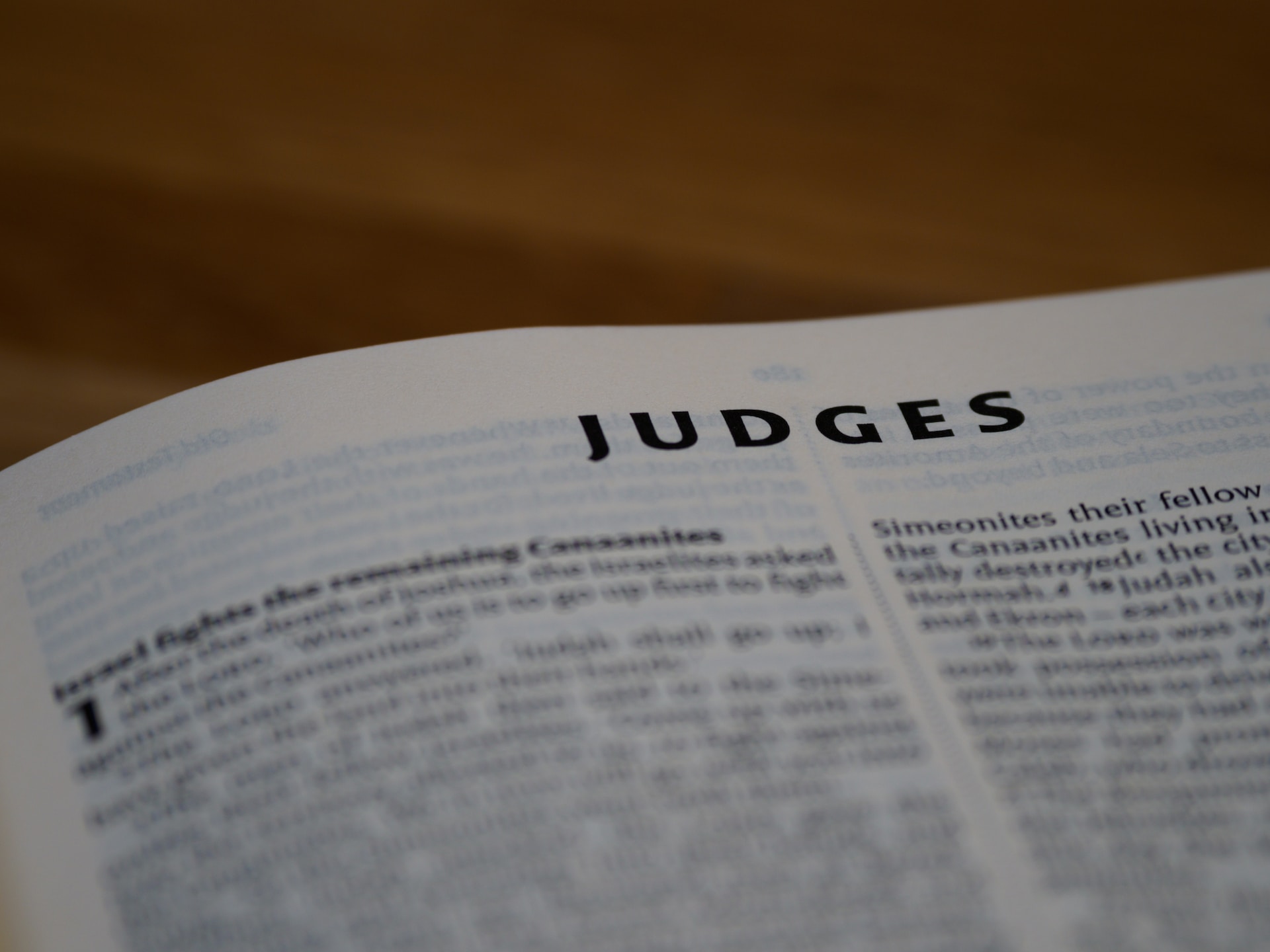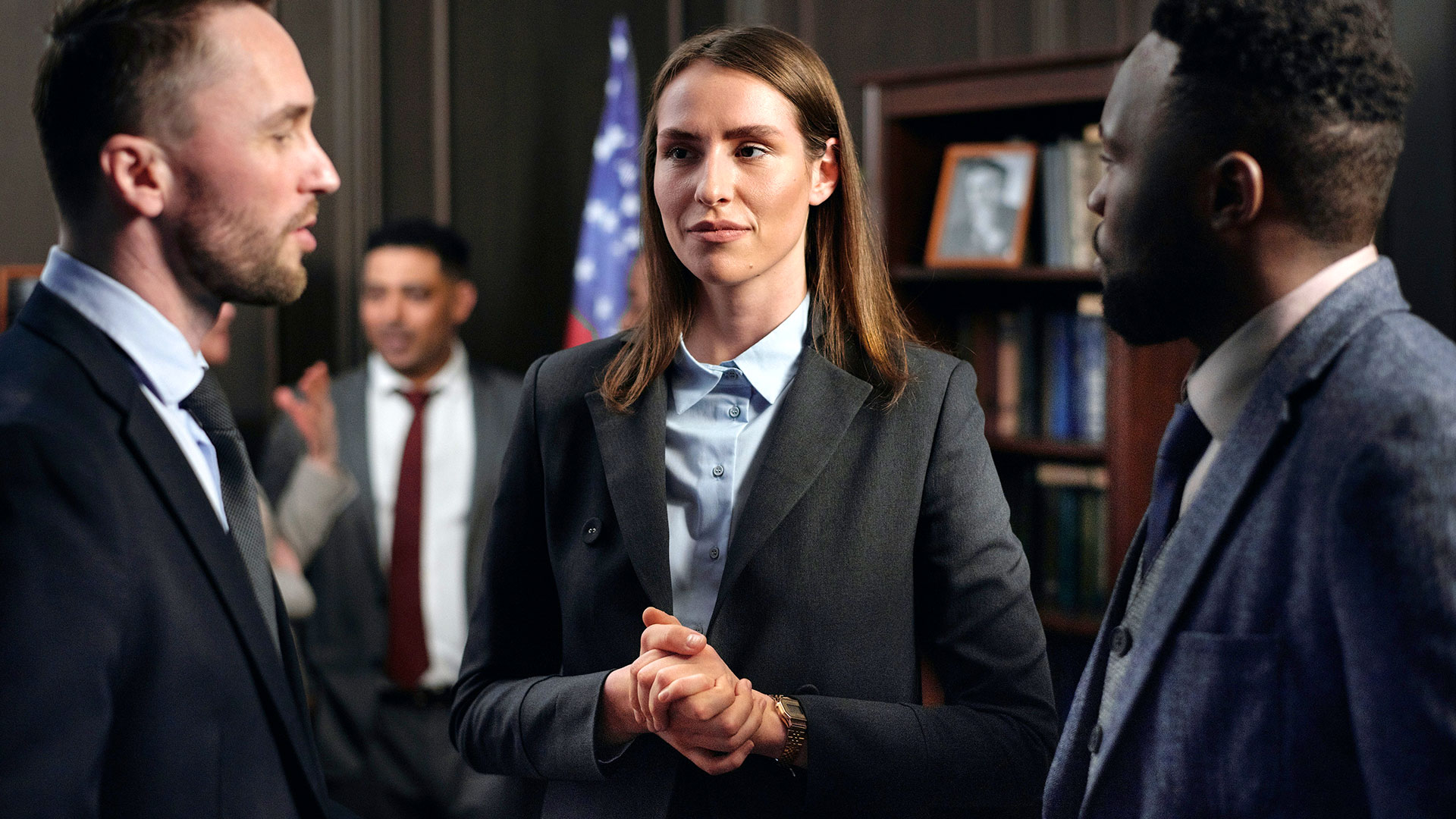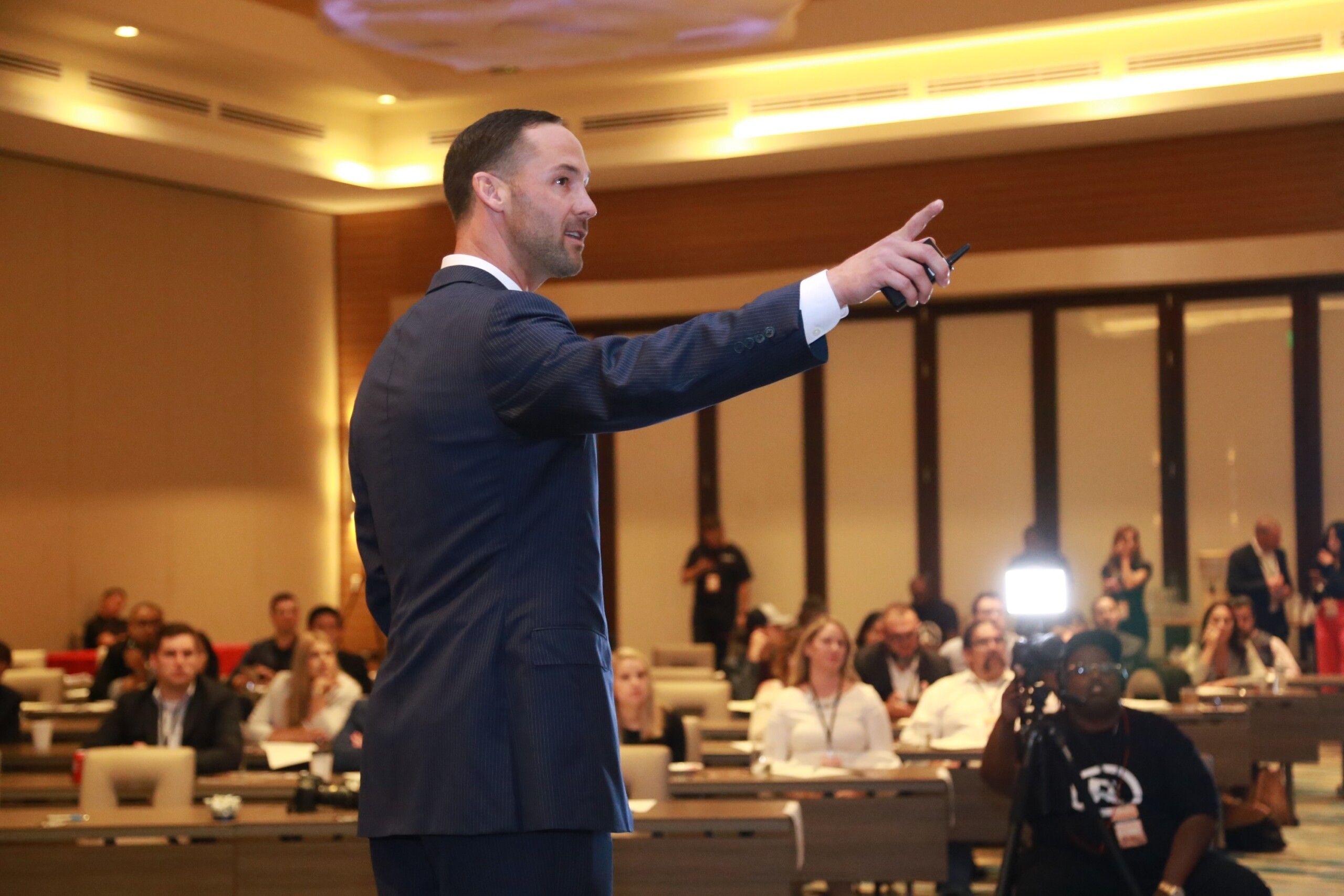
How to get a prosecutor to drop charges?
Facing criminal charges is a daunting experience, but it’s important to remember that prosecutors hold discretionary power in deciding whether to pursue or drop charges. While there are no guaranteed methods, strategic approaches can be used to influence prosecutors.
A common way to get a prosecutor to drop charges is if there isn’t enough evidence to prove you committed the offense, or if the available evidence is unclear about your guilt. Problems might arise with things like CCTV footage, forensic evidence (such as DNA and fingerprints), or presenting evidence that shows the prosecution’s case isn’t strong.
Your lawyer can communicate with the prosecution, pointing out the issues with their case. This could be a reason for them to withdraw the charges.
To do this, your attorney will usually need to carefully examine all the evidence to find where the problems are in the case that is against you.
But, you have to be careful because drawing attention to these issues might lead the prosecution to fix them before the hearing or trial. In some situations, it might be better not to mention these problems until the end of the case during closing statements.
How Prosecutors Decide on Charges
When it comes to deciding whether to charge someone with a crime, prosecutors have a big say. Let’s break down how they make these decisions in simpler terms.
What is Prosecutorial Discretion?
This is a big term that means prosecutors have the power to decide if charges should be filed or not. It gives them the flexibility to adapt to each case’s unique details.
What Factors Do Prosecutors Think About?
- Legal Stuff: They check if there’s enough evidence to support the charges. This is important for a case to stand in court.
- Evidence Strength: How good and strong the evidence is matters. They look at whether the evidence can actually prove what it’s supposed to.
- How Serious the Crime Is: The type of crime makes a difference. More serious crimes usually lead to more aggressive pursuit of charges.
- Past Criminal Behavior: If the person has a history of breaking the law, that’s taken into account. Past offenses may affect how aggressively charges are pursued.
Being Fair and Following the Rules
Prosecutors have to play fair. They follow rules and ethical guidelines to make sure everyone gets a fair trial and that everyone’s rights are protected.
Looking at Each Case Individually
Every case is unique. Prosecutors carefully look at the details, evidence, and legal aspects of each case. They don’t treat every case the same way because every situation is different.
Thinking About the Public and the Community
Prosecutors also think about how their decisions might affect the public and the community. They consider what’s best for public safety and the overall justice system.
Dealing with Pressure and Lots of Cases
Practical things matter too. Prosecutors deal with a lot of cases, and they might have limited resources. This can affect how they handle cases. It’s a balancing act to ensure justice is served despite these challenges.
Always Reassessing Cases
Prosecutors don’t stick to their decisions blindly. As new evidence comes up or things change, they keep reassessing cases. This flexibility allows them to adjust to what’s happening in the legal process.
Teamwork in the Legal System
Prosecutors don’t work alone. They collaborate with legal teams, investigators, and law enforcement. This teamwork ensures they get a complete picture of a case from different angles.
Blog Written by Shifted SEO & Web Design




